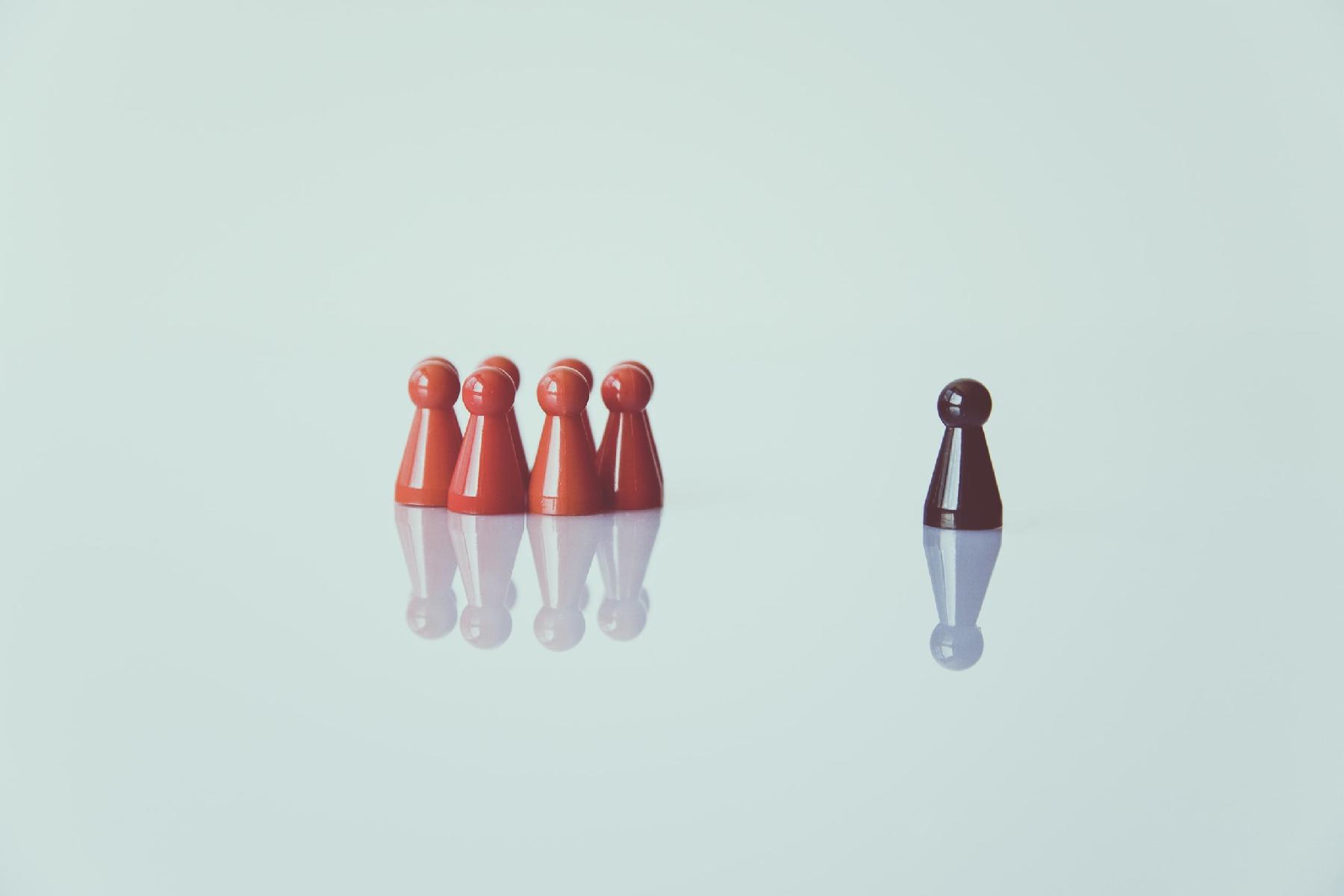
"Refugees are invading Europe and it seems everyone must be welcomed here!”
74% of the global refugees are located in low- and middle-income countries; less developed countries grant asylum as much as 22% of the total number! Moreover, 69% of refugees and other persons in need of international protection are located in neighbouring countries of origin, in many cases far from Europe.
"Migrants in our Western countries steal our jobs and are a burden on the social system! Moreover, it is not at all positive for the economy of Europe and the countries of origin"
This is not true, because migrants often cover jobs that locals in the West do not want to do, as they are considered exhausting, humiliating and underpaid. It can be noted, for example, how "domestic work" accounts for 6.7% of ";total employment of non-EU citizens", compared to 0.7% of "total employment of EU citizens"; (learn more about this topic on the website of the European Commission).
In addition, migration is recognized to bring benefits, fostering growth, innovation and entrepreneurship in both countries of origin and destination countries. Migrants support their countries of origin through money sent home with the phenomenon of "remittances", which now represent three times the amount of official development assistance (ODA) and help to stimulate growth in local communities. While in the destination country, they contribute as workers, entrepreneurs and an enrichment of society.
Finally, when it comes to the pension system, we can take the example of Italy, which is a country with an ageing population: INPS data shows that non-EU workers pay 10.8 billion EUR in contributions, and receive only 1.2 billion EUR in pension benefits, which supports the entire system for the rest of the Italian population!
“All the migrants who come to Europe are from Arab countries and follow the Muslim religion, trying to introduce it into our societies!“
Actually…no! According to the European Commission, relating to the first ten nationalities of first residence permits handed out in European countries in 2021, we understand exactly the opposite!
“Asylum is now given to anyone who asks for it, even if they are not real refugees!”
Not really! In 2021, EU countries made 524,400 first-instance asylum decisions, of which only 39% were positive.
"...and then most of those who arrive are actually economic migrants! The people on the ships, for example, are not refugees, they just want a job!”
New research shows that 83% of the roughly 700,000 sea arrivals in the EU this year come mainly from Syria, Afghanistan, Iraq, Eritrea and Palestinians (who live in Syria), meaning people fleeing war and persecution.
“There is an emergency situation in Italy, we have too many asylum seekers and we don't have enough money for all of them!”
Are you sure? 2020 Eurostat's data on asylum requests in European countries show that, in fact, with 26,535 requests, Italy is in last place among the largest EU countries in terms of receiving migrants. Italy is even preceded by Greece, which has about 1/6 of Italy's population and 1/10 of its GDP. Still, it has received as many as 40,560 asylum applications! However, the country that receives the most applications is still Germany, where almost 20 % of applications are submitted.
“All migrants in the Mediterranean are rescued by the ships of non-governmental organizations, and this encourages even more people to flee!
The Italian Coast Guard is the actor that, in percentage terms, performs the most rescues at sea. In 2022, only 14% of migrants arriving on Italian shores were rescued by NGO ships. These numbers do not include the 2,000 dead and the 23,000 people intercepted by the Libyan coast guard and returned to detention centres. Moreover, there are no studies supporting the theory that NGO ships attract migrant departures, on the contrary: according to a published 2020 study, the presence of humanitarian ships off North Africa does not affect departures.
“Everyone has a phone, and an expensive one, they are not very poor!"
Have you ever thought about how crucial your smartphone has become in your life? To stay in touch with the people you love, to get to the places you need to go, to search for important information online. For all these reasons and more, a mobile phone is essential for a person on the move, as it is the only source of information, the connection to your home country and the only way to stay in touch with people who can help you on the road. A study by the Open University pointed out that the lack of information, which would be otherwise obtained through smartphones, forces people on the move to rely on illegal and dangerous solutions.
Moreover, always keep in mind that it is never the poorest segment of the population that emigrates since leaving requires large economic and social resources anyway!
Finally, only through secretly recorded images were we able to observe and document numerous tortures to which migrants and refugees are subjected along the routes.
All the data mentioned in the text is taken from the websites of international institutions and organizations, such as UNCHR, IOM, the European Commission or the Danish Refugee Council.
Podijeli: